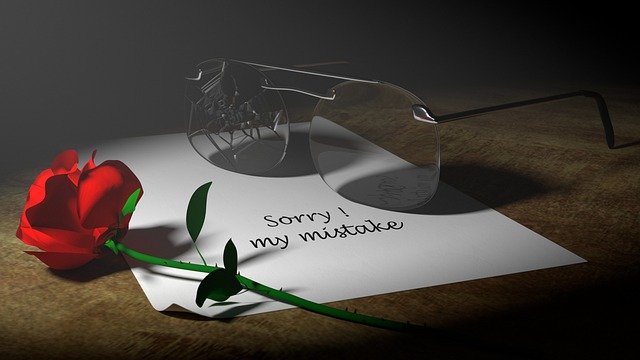Introduction: Why Your Starting Build Matters
In Project Zomboid, your character build is the blueprint for survival. The traits, occupation, and initial skill points you select directly shape your capabilities from day one. A thoughtful build significantly impacts your effectiveness in scavenging, combat, crafting, and navigating the dangers of Knox County. It can mean the difference between an early grave and establishing a foothold against the horde.
Understanding Traits: The Double-Edged Sword
Traits are permanent modifiers that define your character's innate strengths and weaknesses. Positive traits grant beneficial effects but cost points, while negative traits impose penalties but grant points. The core challenge is balancing these: strategically taking negative traits you can manage to afford powerful positive ones.
For instance, accepting 'Slow Healer' (negative) grants points you could invest in 'Lucky' (positive), boosting your chances of finding rare loot like specific magazines or tools. This point-balancing act is central to tailoring your survivor.
Key Attributes & Skills for the Apocalypse
While traits provide passive bonuses, skills actively improve through use. Certain occupations grant starting skill levels, giving you an edge. Key attributes like **Strength** (affects carry weight, melee damage) and **Fitness** (affects endurance, speed) underpin many actions. Focus on skills relevant to your intended playstyle:
- Combat Skills (e.g., Axe, Long Blunt, Maintenance, Nimble): Essential for defending yourself and clearing areas. Maintenance preserves weapon durability, while Nimble improves combat movement.
- Crafting & Building (Carpentry, Metalworking, Mechanics, Electrical): Crucial for base building, fortification, vehicle repair, and setting up essential utilities.
- Survivalist (Foraging, Trapping, Fishing, Farming, Cooking): Vital for long-term self-sufficiency, especially when non-perishable food runs low.
- Stealth & Evasion (Sneaking, Lightfooted): Reduces noise and visibility, key for avoiding unwanted attention.
- Support (First Aid, Tailoring): First Aid is critical for injury recovery. Tailoring allows you to repair clothing and add padding for protection.
Sample Character Archetypes
These archetypes illustrate different focuses. Adapt them to your preferences:
- The Fortifier: Starts with high Carpentry (e.g., Construction Worker occupation). Traits like 'Handy' boost Maintenance. Focuses on building secure bases and crafting.
- The Brawler: High Strength and Fitness, starting points in a melee skill (e.g., Axe via Lumberjack). Traits like 'Brave' reduce panic. Excels at direct combat.
- The Ghost: High Sneaking/Lightfooted (e.g., Burglar occupation). Traits like 'Inconspicuous' and 'Graceful' enhance stealth. Prioritizes looting valuable locations unseen.
- The Nomad: Focuses on Foraging, Trapping, and Lightfooted. Traits like 'Outdoorsman' prevent illness from weather. Thrives living off the land, constantly moving.
- The Mechanic: Starts with Mechanics/Metalworking skills (e.g., Mechanic occupation). Focuses on vehicle repair, modification, and metal structures.
Synergize Your Build with Your Playstyle

The 'best' build aligns with how you want to play. Are you meticulously clearing buildings, or grabbing essentials and moving on? Do you prefer a fortified stronghold or a nomadic life? Choose traits and starting skills that reinforce your approach.
Example: A base-builder benefits immensely from 'Handy' (faster construction) and points in Carpentry. A nomad might prefer 'Outdoorsman' (weather resistance) and points in Foraging, paired with 'Strong' or 'Organized' for better carry capacity.
Beyond Creation: Continuous Skill Growth
Character creation is just the start. Skills improve organically through use. Accelerate this learning by reading skill books, which apply multipliers to XP gain for specific skills. Find and read these books *before* heavily practicing a skill.
Furthermore, seek out VHS tapes ('Home' or 'Retail' tapes) which grant immediate skill XP upon watching, offering significant boosts, especially for harder-to-level skills like Mechanics or Metalworking.
Further Learning & Community
The Project Zomboid community is a great resource for refining builds and strategies. Consult the official Wiki for detailed information on traits and skills, and engage with other players on forums or Reddit for tips and discussions. See the links below.